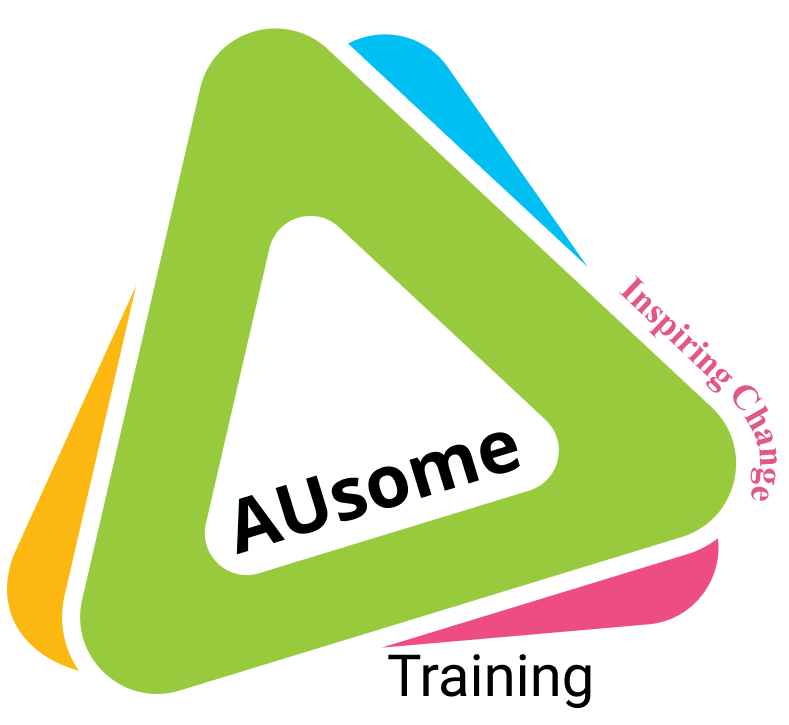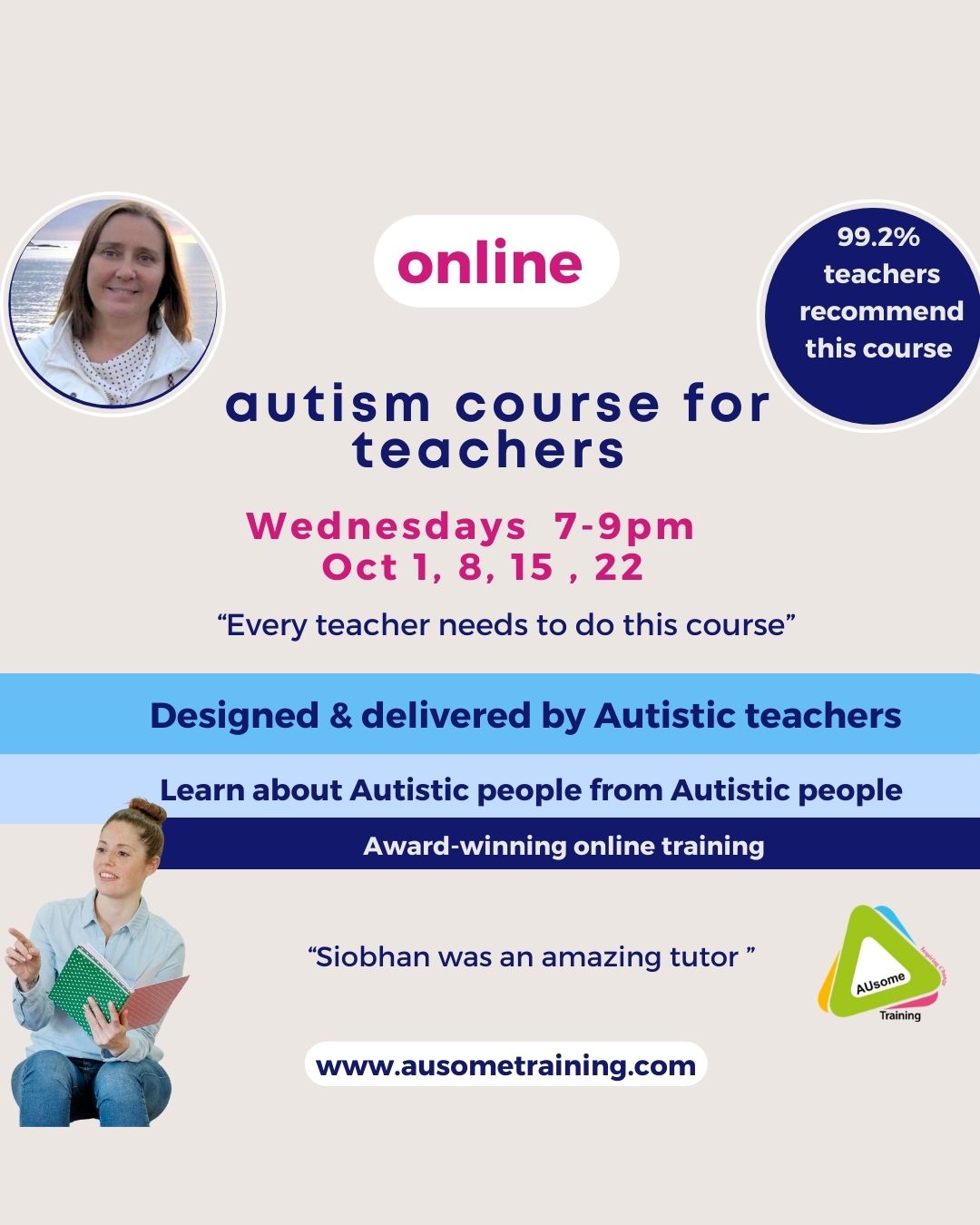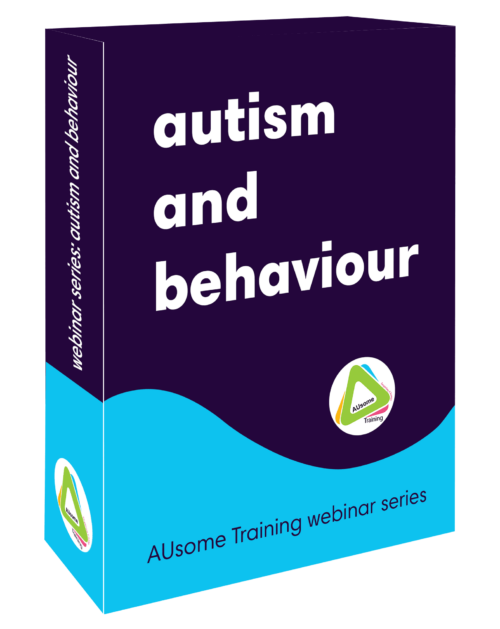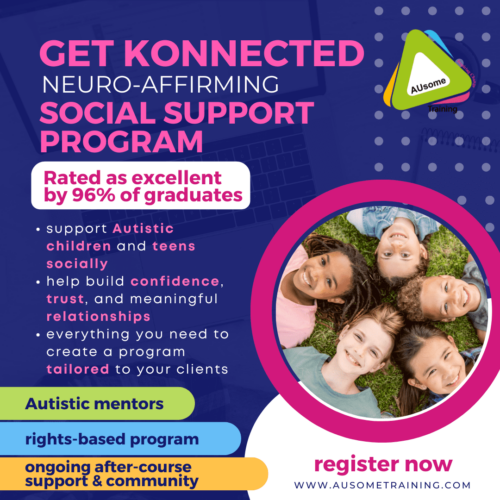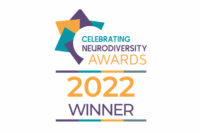Description
Course Trainer: Siobhán Uí Dhálaigh
Siobhán Uí Dhálaigh is an Autistic primary teacher who advocates for true Autistic inclusion in school communities. She recognises the urgent need for change to ensure that autistic children thrive as themselves and promotes neuro-affirming practices to ensure safety, authenticity, acceptance and agency. She works with and supports newly discovered Autistic children on their journey of self-discovery as well as being actively involved in parent support groups. Siobhán provides training for trainee teachers promoting a strength-based view of Autistic culture.
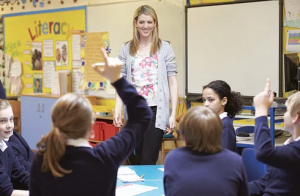
Our autism course for teachers is pro-Autistic, neuro-affirming and not deficit based
Our autism course for teachers will not talk about “triads of impairments” or any of those outdated and disproven ideas. Our autism training for teachers is designed to give you an in-depth understanding of your Autistic pupils so that you can reframe your thinking on autism and provide a more inclusive learning and social environment in your school. Autistic people have been excluded from the discussion and research around autism for decades. In other words, many autism training courses explain very little about Autistic people beyond out-dated and stereotypical representations. AUsome Training is fully Autistic-led. That means that our autism training offers you the perspective of Autistic people which is often unfortunately lacking in autism courses for teachers.
“Evaleen has been incredibile, she is passionate and has opened my eyes in many ways. Her point of view and her experience as an autistic person and educator has allowed me to question many of my previous beliefs, my teaching methods and how I approach my autistic students.” Deborah Bosso. Special Ed teacher
“As a secondary school teacher I now have a real understanding of Autism, one that I didn’t have before this even though I’ve taken many courses. I realise there are many faces to autism and how deep it can hide among us (because we are all human first). I learned that being autistic is a neurological difference and that there is no difference in the human traits we all possess the difference being the response or reaction to the environment in which they are present in. With self care, self and societal acceptance and support autistics can be successful in every aspect of life and living.” Caragh Ní Chroimín, Secondary School Teacher
Autism Course Content:
Week 1:
What autism is
What autism is not
An introduction to Neurodiversity
Week 2:
The social environment
The sensory environment
Week 3:
Understanding “Behaviours”
Week 4
Supporting the Autistic Learner
Developing an inclusive teaching practise
Developing an inclusive school
This live autism course for teachers is suitable for primary and secondary level teachers who want to up skill to support their Autistic pupils in ways that are approved by the Autistic Community. It will be delivered by Evaleen Whelton, founder of AUsome Training and author of Konnect Social Skills Series . Evaleen has worked extensively with children and teens over her twenty year career as a speech and drama teacher. She will offer real solutions, support and strategies based on her experience as an Autistic person and as an experienced teacher.
More about our autism course for teachers
In week 1 we will explore the history of autism, the negative narrative and assumption based theories. We will introduce you to current thinking and research. We will look at common conditions that often go hand in hand with being Autistic. We will also explore mental health of Autistic pupils, signs to look out for and strategies to support Autistic pupils in your classroom.
In week 2 of our autism course for primary and secondary teachers we will look at how the social environment impacts Autistic pupils and provide you with strategies to decrease demands on them. We will also look at the physical environment and offer positive strategies for creating an inclusive environment which are easy to implement. We are well aware of budget constraints in schools so are strategies are practical and cost effective.
In week 3 we will explore “behaviours”. The use of the word behaviours has negative connotations for the Autistic Community because it’s so commonly used without real understanding and investigation. In week 3 we will provide you with a framework to understand what behaviour is and to analyse the environment so that Autistic pupils are under less stress from their school environment. We will look at avoidance, withdrawal, masking, self harm, controlling behaviour and other presentations of anxiety responses and teach you to look beyond behaviours to find the root causes.
In week 4 of our autism course we will look at how Autistic pupils take in information, problems with executive function including motivation. We will look at Autistic learning and processing and how you can facilitate this in your classroom. We will also provide you with resources for creating an inclusive school
“I had a wonderful primary school teacher who must have been Autistic because she taught us in a way which was demonstrative of Autistic thinking. Whenever we learnt a new english word she would explain the origin of that word from latin and then explore all the related words. This is how Autistics learn, we notice the patterns in everything, see the relationships that others may not even notice and look for the origins of ideas. When we learn we like to have a full, complete and concrete understanding” Evaleen Whelton.
If you’d like to learn more about Autistic learning then we’ve an article which explains Autodidactic learning.
